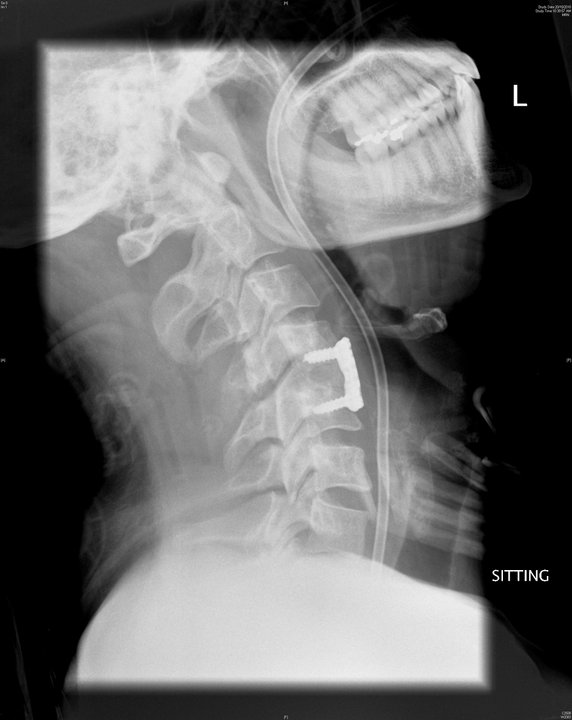I thought you might appreciate a small extract from my recently published article, “NDIS, the disabled voice, and the church.” if you would like to read the whole thing, you can download it on the following link:
I highly recommend you consider buying the full edition of the journal, which includes seminal riders on disability (see here).
But for all you young people who are incapable of reading more than a few hundred words (I know, it’s bad form to berate your audience, but you know I’m right), here is an extract. It follows my my encouragement to “amplify the disabled voice,” and focuses on the skills and opportunities of listening:
Amplifying voice is not just about giving people opportunity to speak, but it also means that we need to learn to listen. People with disabilities are routinely required to listen to others, “forced to listen to experts about their lives, instead of being listened to, not least as experts on themselves.” This is as true of preachers as it is the medical establishment. We are told from the pulpit about sin and its consequences, and the value of forgiveness and grace, but these are topics about which people with disabilities are experts – if for no other reason than that they are constantly needing to forgive us for excluding them!
To hear their expertise we will need to pick up new skills, and examine ourselves as to whether we are open to hear. Listening is a challenge. We have a tendency to prejudge people, and then to hear what we expected to hear. We are more likely, for example, to treat good-looking people as smart, and assume that those in wheelchairs, or with some obvious physical disability or speech impediment, are less intelligent, and so discount what they have to say.
Disability also has the potential to make communication challenging, so we may need to learn new methods of listening. Gerard Goggin, for example, notes that listening to people with severe communication impairments will require us “to indicate clearly and frequently whether or not we have understood. Listening here involves the negotiation of uncertainty – with the potential of exposure as being an inadequate, unresponding, or uncomprehending listener.” In facing up to the challenge, however, we get a small insight into the humility and frustration, as well as the strength and determination, that is a part of the everyday experience of people who struggle to talk, hear, see, and so on.
In the concrete everyday activities of the local church, facilitating communication will require creativity. Again, churches are used to one-way communication, from the pulpit to a silent congregation. But what if the decision to amplify disabled voices generated a revolution in how we understand preaching, teaching, and sharing in the church? Is a pulpit and people seated in rows really the best way to communicate? Might replacing sermons with onstage conversation model our theologies of the priesthood of all believers? What other forums or technologies might we introduce to hear the disabled voice, and more broadly, to open ourselves to the diverse spiritual insights of congregations as a whole?


No Comments